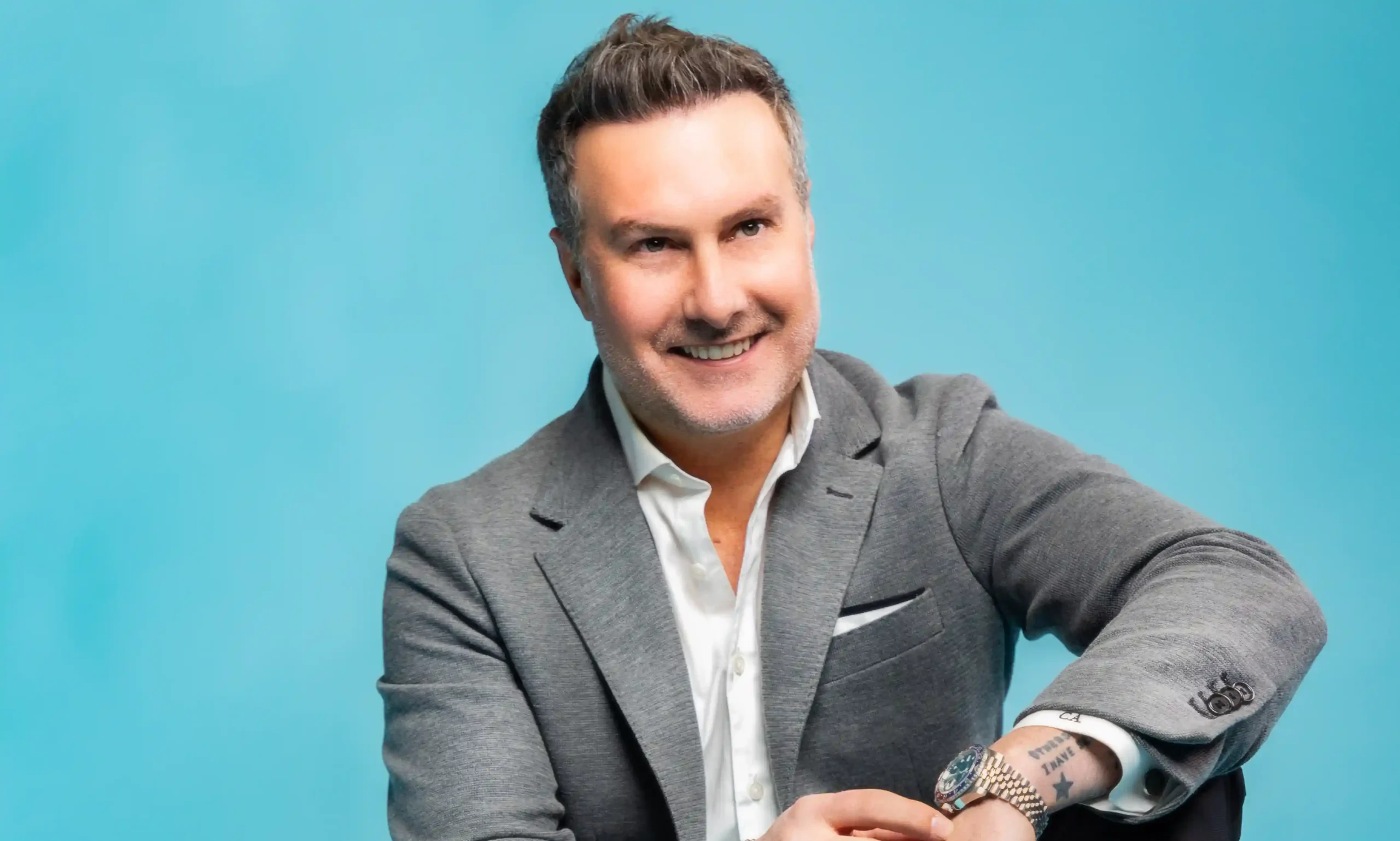CHRIS ADAMS, for LUXURY TRAVELER – CEO and founder of Ellis Adams Group, Luxury Hospitality Industry Disruptor
The name Chris Adams conjures visions of unrivaled greatness in the minds of those who seek only the finest in hospitality service. Chris Adams is well-known in the high-end hospitality sector for his role as CEO and his dedication to providing guests with the best possible experience. His career spans several decades and several continents, and he is widely regarded as one of the industry’s most innovative and influential leaders thanks to his dedication to producing exceptional experiences for guests. In this interview with Luxury Traveler, we delve deeper into the life of the man behind the five-star hotels, exploring his background, achievements, and the vision that has propelled him to the top of his field.

Can you tell us about the journey from being a pool attendant at The Ritz-Carlton to becoming the CEO and founder of the international luxury hospitality consulting firm, Ellis Adams Group? What were some of the challenges you faced along the way, and how did you overcome them?
The journey going from pool attendant to CEO was a wild ride. I don’t think it’s anything that you can plan. You work as hard as you possibly can. You believe in yourself, in the process, and be okay with making mistakes. No one ever got to where they are in life without failure along the way. Your ability to take that failure and channel it into learning, especially learning how to fail the right way, is extremely important along with your ability to continue to push through. I think everybody wants the end result. Everybody wants what they see on Instagram. Everybody wants to drive the car, live the “life that you get at the final stages,” but very few are willing to go through what it takes to get to that point.
Unfortunately a lot of times with any business, you find just a little bit of success, and that could be the downfall of the business. So your ability to not let wins along the way be the end, to not cap you at that moment, and to allow it to spur you for more is extremely important. I’ve seen a lot of people that get a little bit of wins along the way, and that actually takes them in the wrong direction. Make sure that you don’t think you’re bigger than you are. Don’t think you’re more important than you are, and be okay with failing. Let the wins propel you to the next level.
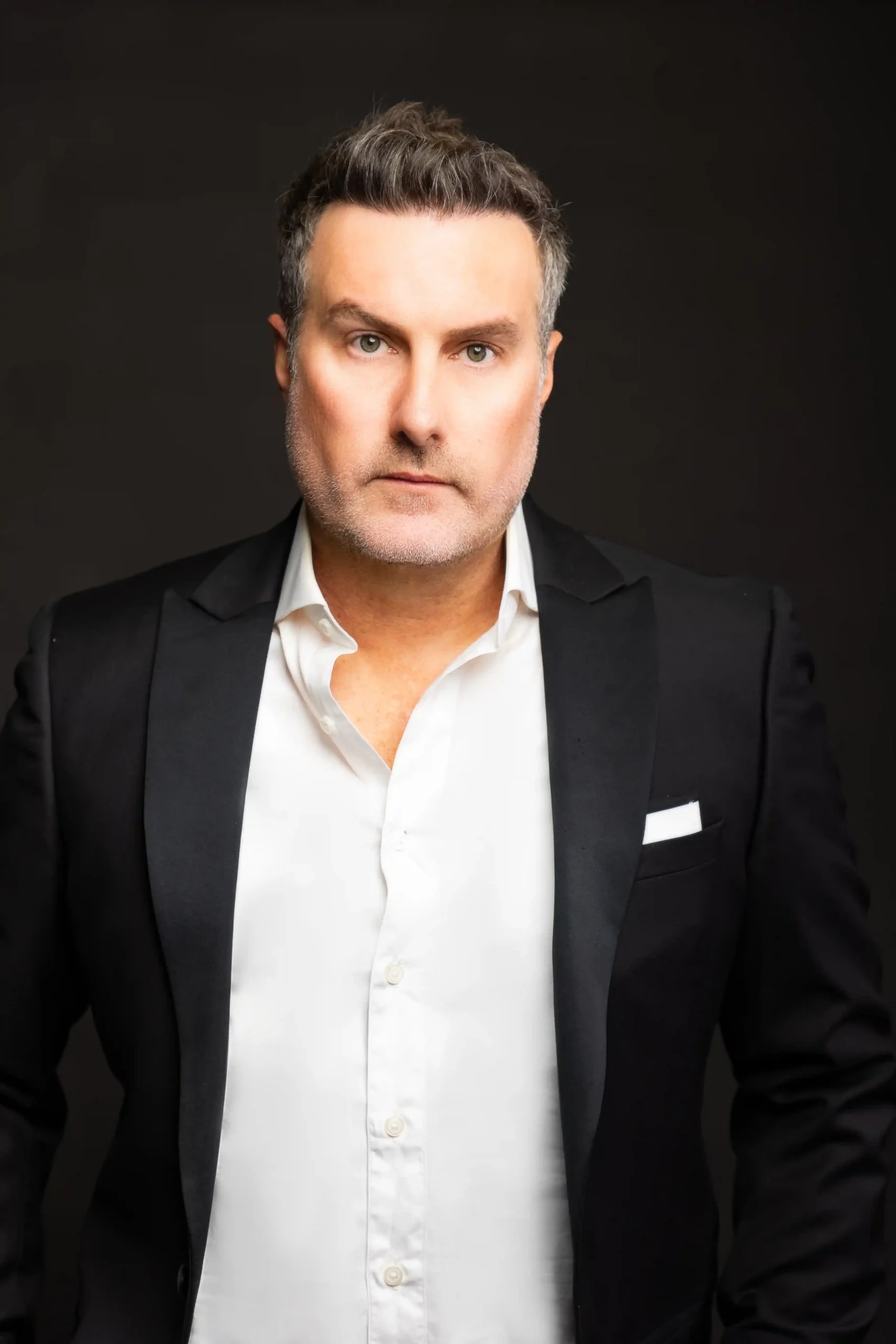
Ellis Adams Group recently opened 100 hotels in just the past two quarters of last year, partnering with Marriott International to transform locations for The Ritz-Carlton, St.
Regis, W, Westin, and Renaissance, among others all over the world. Can you tell us about some of the exciting new hotels that are opening this quarter, and what makes them unique?
There’s so many different types of hotels that are opening right now. We have everything from our luxury brand hotels that we get to be a part of such as the Ritz Carlton’s, St Regis, and W’s of the world, and then we have some really cool, boutique, luxury properties that are in the works as well. I think the cool thing that’s happening with hotels is that even when you look at the big brands like a Marriott International and everything in between is that each of these hotel developers, owners, and designers are really trying to make sure that the hotels feel very specific to their location and to the story they’re trying to tell which makes it very unique. There’s no cookie-cutter hotels. At the core, the service aspect and the luxury should be replicated, but the actual feel of the hotel, the locations, and everything that we put into the design of the space make for very unique experiences for each of them individually. That’s exciting with so many coming up in the pipeline.
You have worked on a diverse range of projects, from the acclaimed Italian steakhouse Davio’s in Atlanta to the Cosmopolitan in Las Vegas. How do you approach each new project, and what are some of the key factors that you consider when designing and executing a successful hospitality project?
I think the first key factor is being grateful for the fact that I got to play a very small part, but being a part of brands like Davio’s, the Cosmopolitan, and being a part of that experience. With anything that we do at Ellis Adams Group, it is going into it with the thought process of, “What are we going to learn on this?” We don’t know everything. We’ve done a lot. We’ve been a part of a lot of projects which gives us a very unique perspective going into it. Hopefully it adds value to the owners and management groups that we work with, but making sure that we listen and really pay attention to what the end goal is.
I ask clients a lot, “How do you identify success?” Because if I can understand how they view success, it’s a lot easier for us to know how to navigate the waters to get them to that point. Success comes in many different forms depending on what their goals are, and understanding what their interpretation of success is at every project really helps make sure that we keep our goals and our initiatives aligned. It’s never about us. It’s about making sure that they are happy, and that we’re pulling through the vision they have for their project.
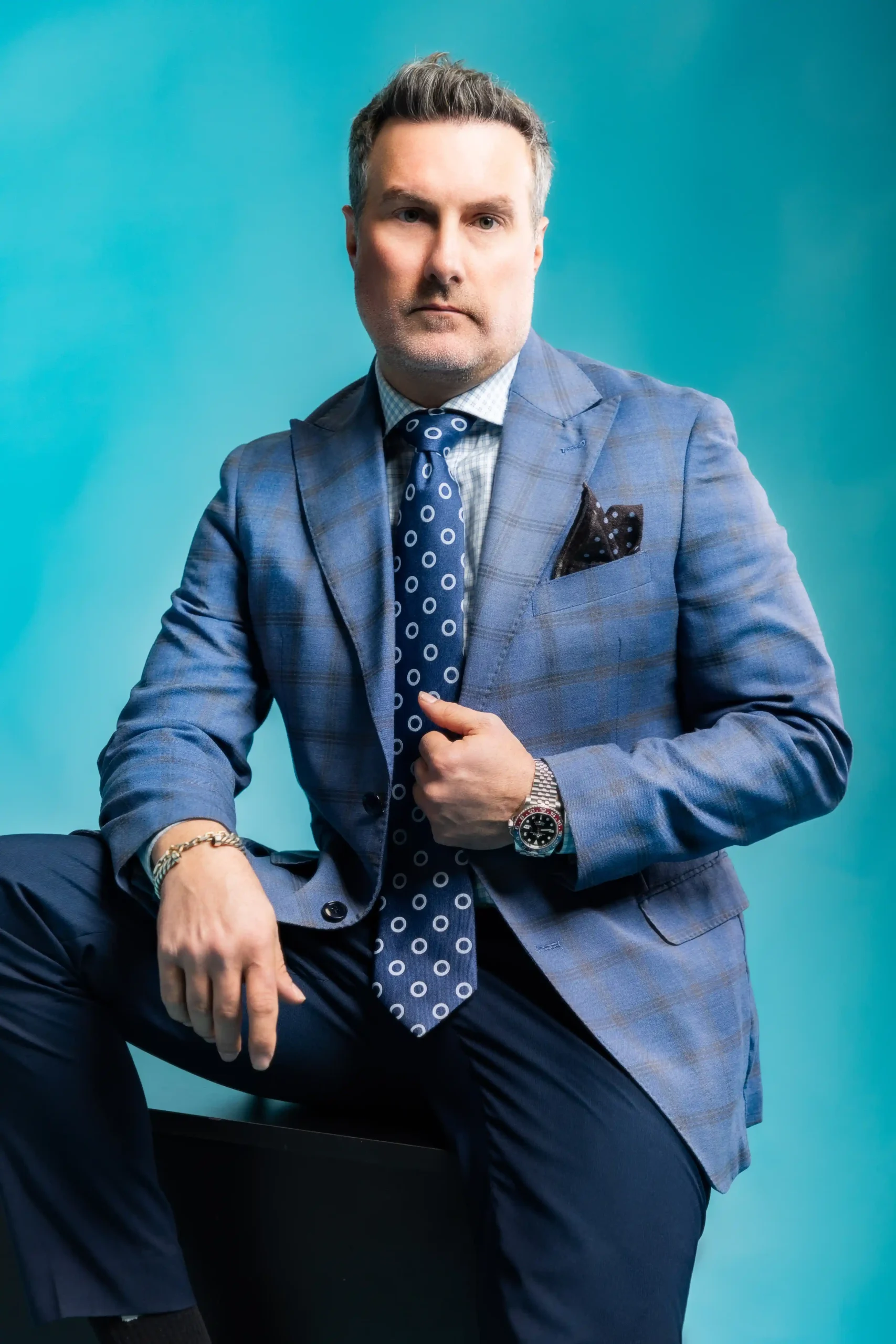
With the ongoing COVID-19 pandemic, how has Ellis Adams Group adapted its approach to hospitality consulting? What are some of the new trends and changes that you see emerging in the luxury hospitality industry as a result of the pandemic?
The first thing is that I don’t think anyone expected what happened to happen. What I mean by that is when we first went into the pandemic, you looked at most luxury brands, and I think the initial thought was fear that everyone’s losing jobs, the world shutting down, no one’s going to want or afford luxury. We all wondered what’s going to happen to luxury. In turn, what’s happened coming out of the pandemic is the exact opposite of what we anticipated. Luxury is performing better than most any other segment. There’s a few reasons why I think that is the case. I believe that people care about their dollar more now. They’re willing to spend the money, but they want to make sure that the experience is equivalent to the dollar. When we talk about experience, the cost of goods to do business has gone up drastically for everyone. I don’t care what industry you’re in, which means that that cost is being passed on to the consumer. The consumer is paying more money for everything. They’re paying to stay at these hotels, and the cost to eat in the restaurants has increased. Whether you’re luxury or not, it’s gone up. I believe that, as a consumer, if you know you’re going to have to spend a higher dollar regardless of where you’re staying or where you’re going then why not spend a little extra and go to a luxury brand where they’re really going to take care of me. The experience that I get gives me more value to my dollar.
So what’s happened is we’ve seen the luxury segment continue to boom coming out of the pandemic which is great to see. It’s really allowed us to flourish, but also have to be extremely creative. If you look at most of the luxury segment hotels, specifically the labor model that’s being used to execute is drastically lower than it was previously. If we used to have a hundred managers at a property, now we might have forty managers. You can take that example, and push it down to every single position within the hotel. There’s less people to get the job done, but the reality is the price to do everything has gone up which means the rates that people are paying have gone up.
That’s not a good formula. If you’re looking at it from a business perspective, it’s allowed us as a firm to get extremely creative, and work with properties to figure out how we can deliver a luxury experience at a very high level with less people to execute it. We are getting creative on how to execute in different ways than we would in the past.
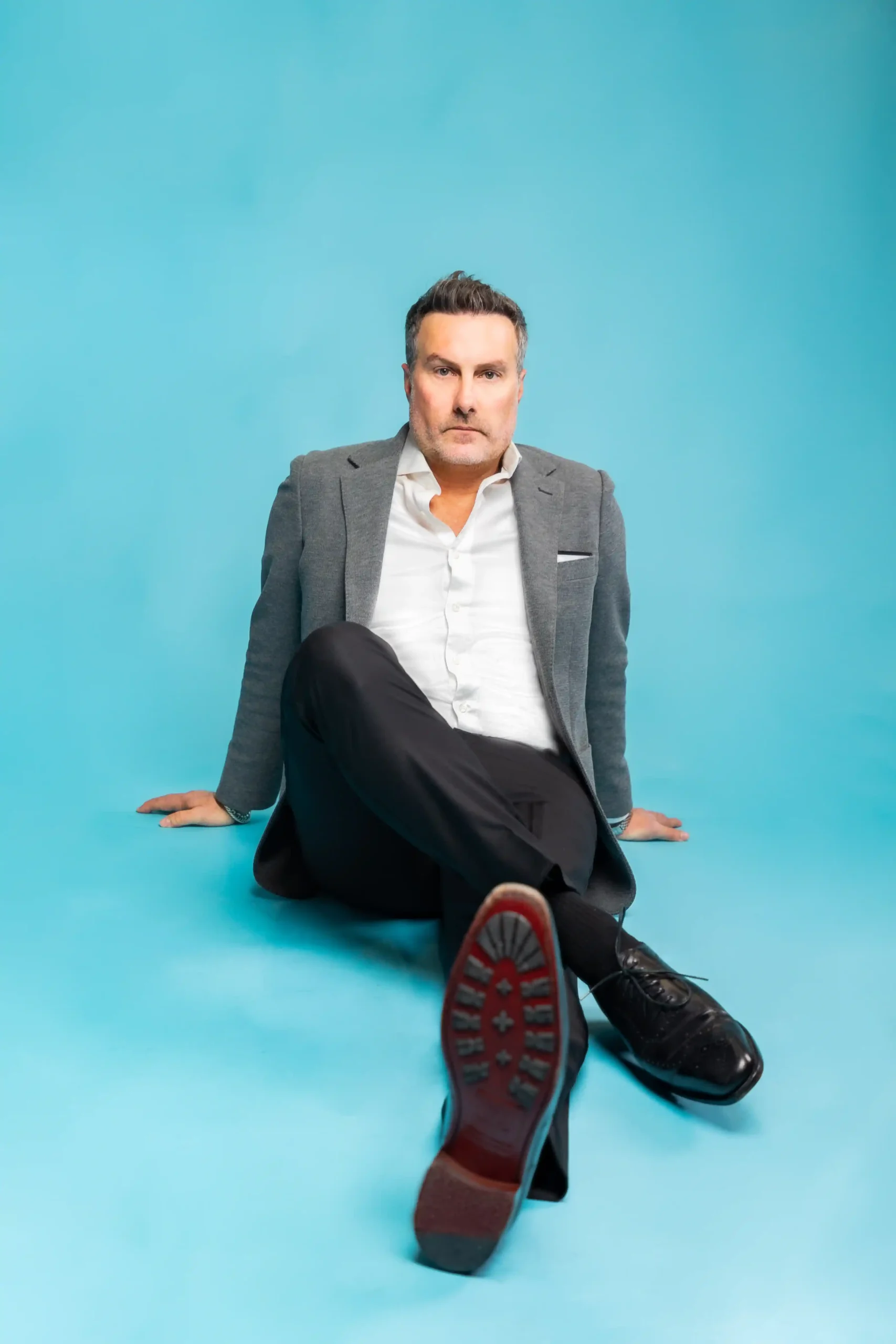
You are heavily involved in the continued evolution of the hospitality industry’s beverage program. Can you tell us about some of the recent innovations that you have introduced, and how Ellis Adams Group enhances the guest experience?
When you look at the beverage industry, we look at the data of what guests are buying. Sometimes what you hear people say versus the data of what they’re buying are two different things. We’re very careful to not go really hard on opinion, and make sure that we use really great data to help guide us in our decision making when we look at beverage programs. Things that have become extremely important are sustainability across the board. It is important that we make sure that our programs are being good stewards of the planet as well as good stewards from a business standpoint. We try to make solid decisions that we don’t have waste. We’re not just throwing things away. It’s not only smart business, but it’s also the right thing to do. That’s been a huge win. From ensuring the straws we’re using are the right straws for the planet down to how much compost after juicing gets thrown away without compromising using fresh juice and cocktails, we take into account all these things that go into landfills. How can we utilize those products multiple times to maximize the use of the product and minimize the amount that is going into the trash and getting thrown out?
I just saw an article recently talking about how 90’s cocktails are having a comeback, and 90’s cocktails were not known to be really great cocktails. They were fun. They were bright. They were crazy, but they weren’t necessarily known for being great, balanced drinks. Making sure we stay ahead of the trends as well as making sure it stays aligned with the direction of where craft is right now is one way we innovate. As we’ve talked about labor being a struggle, we’re seeing batching become more and more common, and consistent in most places. Which gives us a number of things such as speed of service. If you order a drink and I’ve got it fully batched, I can get you a drink in less than a minute. The more drinks we can get out over the bar, the more revenue comes in, and the happier the guests are so that’s obviously a win. It also means that I need less people working. I can have one person batching for the entire week depending on what ingredients I’m using. It helps me from a labor standpoint, and consistency. Batching everything at one time and pouring that into a glass, I can pour that same drink maybe fifty to a hundred times in a night, and it’s going to taste identical every single time versus making them one at a time. We’re seeing batching become more common along with tap cocktails.
All of these assist with what’s happened from a labor standpoint, consistency, and speed of service. When you look at batching, that’s a great example of finding a way to still have an elevated luxury-esque beverage program, but being able to execute it with less hands to make it happen. This way you’re really benefiting the guest, and yourself at the same time.
As a disruptor of the hospitality industry, what do you see as the biggest challenges and opportunities facing the luxury hospitality sector today? How do you stay ahead of the curve and continue to innovate in this highly competitive market?
From a luxury standpoint as well as in the non-luxury setting, I think that one is culture. The culture is developed through leadership. I think one of the scariest things that I’m seeing right now at properties is a lack of true leadership. Having true leadership gives you the ability to
have true culture. Companies do a very good job of creating culture. If you look up any company and go to their “About Us,” they have the story of who they are, what they believe, they might have their core values, mission statements, etc. They do a great job at creating what that culture is, and they do a good job of selling that culture to potential new hires.
Where the struggle comes in, and why we’re seeing such a huge challenge from a labor perspective within the hospitality industry specifically, is when they do great jobs of creating culture, but then struggle with the cultivation of culture. The cultivation is really living what we believe every day within our organization. People want to be a part of something bigger than themselves. They want to be a part of something they believe is making an impact and a difference. You can put anything on paper and say all these things to get them excited about your company, but when they come to work every day and see the practices of how we behave or the things we say and do are not aligned with the true culture of the organization then you start to have a real disconnect between the team that’s executing on the floor and the organization of who you say you are.
That’s when people start to lose. It just becomes a job. It’s not something they’re passionate about. The culture happens when you have leaders that really understand how to lead the organization, and how to make sure that the culture is alive and well day in and day out in every decision they make. Culture can’t just be about you making decisions for the guest, and making sure the guest is happy. Culture is driven by the people that work in your organization which then go out and ensure that your culture is enlivened in front of your guest. I think that’s probably the biggest fear that we have right now when I look at the luxury segment. It is making sure that we are continuing to invest in our people, and teach them how to lead so we can continue to thrive as an industry moving forward.
You are passionate about sharing your insight with audiences on the topics of luxury hospitality, food & beverage, travel, and entrepreneurship. What advice do you have for aspiring hospitality professionals, and how can they build successful careers in this industry?
Understand the value of relationships, and know that you’re always connected in some way to everyone in this industry. There’s usually five degrees of separation to three degrees farther than most in the hospitality industry. So value relationships. Make sure that you protect those relationships, and cultivate those relationships because they will benefit you down the road.
Don’t be afraid of hard work. Don’t be afraid of making mistakes, but make mistakes with purpose and intent.
The only way I know how to explain that is I love playing the game of golf. If you talk to any great golfer or listen to interviews of the great golfers like Tiger Woods, many are notorious for talking about what they did better than everyone else was. Tiger Woods knew where to miss. He didn’t aim for the pen if there was a slope. He aimed exactly where he needed to potentially be. He knew if he happened to miss that shot, he was going to miss it in an exact location which meant that his next shot would set him up for success.
I use that same analogy in business. Don’t be afraid to fail, but fail with the intent of knowing where to miss. It’s a lot easier to set yourself up for what’s next when you can push the envelope, and do all the things that most aren’t willing to do. If you’re already prepared for missing in the right spot, it is preparing you for what is going to come.
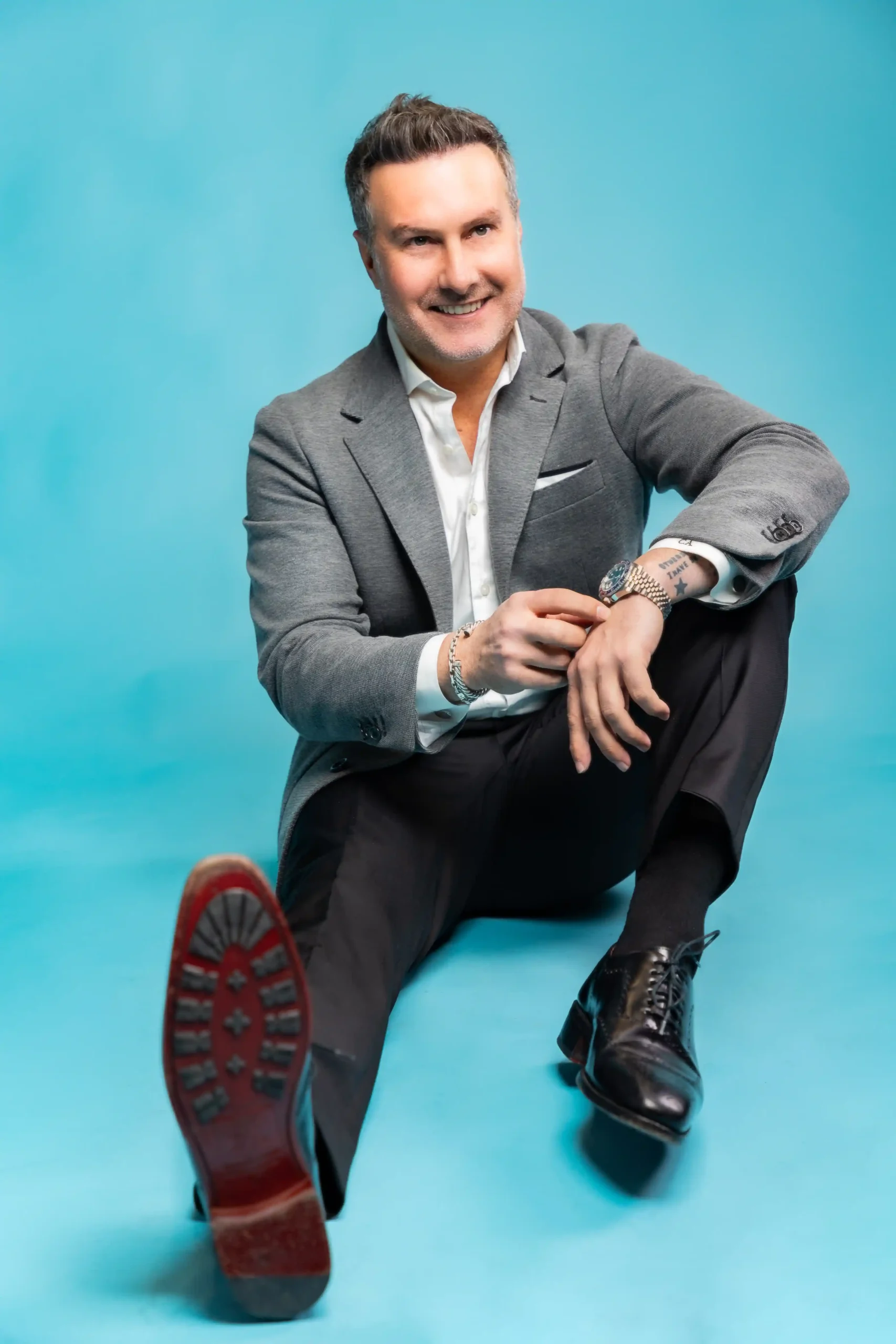
Can you share any exciting projects you have in the works?
We are working on a new project in Los Angeles. We are going to be partnering with a hotel group in an iconic location, and that we’re going to be a part of ultimately six to seven food and beverage concepts within the hotel. I believe we are doing all the things that I believe we should be doing in our industry right now. We are hopefully putting into play. It’s going to be very focused on the community, and unique from what you’re seeing from a traditional hotel. It will definitely be a lifestyle, luxury hotel, but it’s going to be outside the box of how the hotel operates from a traditional hotel model.
I’m also launching a podcast this month of March, and the goal with anything that we do is how are we helping others with it? With this podcast, it is the same way I say about anything else that we do. I don’t need 10 million people listening every week. It would be great if they do, but the reality is if there’s one person that happens to listen and it helps them, it gives them either information, or motivation to get where they’re trying to go, then it’s worth doing it. To say that I’m going to take an hour out of my life every week to potentially help someone else for a lifetime, it’s the least that can be done. It’s not because I have all the answers. It’s because we’re going to share information, and we’re going to have amazing people on there that are going to talk about their journey from dealing with failures to the successes that they’ve had, from a multitude of industries, not just hospitality. That has me excited about it because our whole goal at Ellis Adams Group is making sure that we’re helping others. Hopefully this podcast does that.
Head to the links for the full articles and exclusive images:
https://www.magcloud.com/browse/issue/2444602?__r=928185
COVER CREDITS:
MUSE
Chris Adams @chrisadams_eag
PRODUCTION/PR
Burgerrock Media @burgerrockmedia
Irma Penunuri @burgerrock
PHOTOGRAPHER
Hugo Arvizu @arvizu_arts
PRODUCTION ASSISTANT
Baldo Mendoza @itsbaldooo
Marianela Valderrama @cafe.conflores
INTERVIEW
Romina Olivia @rominaolivia_
—
Published by @plpg.globalmedia PLPG GLOBAL MEDIA, LLC. and its division for Colombia & Latin America PUBLICOMLATINA PUBLISHING GROUP S.A.S | © 2023 / Editor in Chief Edward R Rueda @ceo.plpg
—
PLPG Global Media sets the benchmark for publishing excellence 52 Magazines, 70+ print & digital brands, 200+ Countries, 35+ markets. #plpgproject644
Ver esta publicación en Instagram

